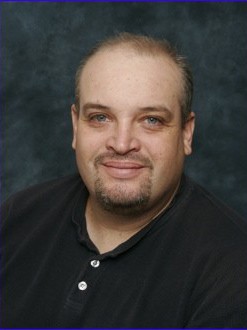abstract
To highlight the effect of salt precursors on the final properties, bioactivity and biocompatibility, five quaternary (Si-Ca-P-Na) glass compositions were successfully prepared through two distinct rapid sol-gel routes; one using acetate salt precursors (A) catalysed by nitric acid, and the other using nitrate salts (N) and citric acid as a catalyst. The sols dried rapidly, and stabilised at 550 & 800 degrees C to be characterised by X ray diffraction (XRD), Magic angle spinning-Nuclear magnetic resonance (Si-29 MAS-NMR) and Fourier transform infra red spectroscopy (FTIR). Upon immersion in simulated body fluid (SBF), hydroxyapatite (HAp) formation was initially enhanced by increasing Ca-content up to 40 mol%, but the formation of calcite was favoured with further increments of Ca to 45 and 48 mol%. The A-glasses exhibited lower density and lower network connectivity compared with N-glasses. The chemical surface modifications after 4 h in SBF were more evident for N-glasses in comparison to A-glasses. The biocompatibility is favoured for the samples treated at 800 degrees C and for the samples of the higher silica contents.
keywords
BIOACTIVE GLASS; 45S5; PHOSPHATE; RATIO; MICROSTRUCTURE; HYDROXYAPATITE; SPECTROSCOPY; DISSOLUTION; CATALYSTS; SPECTRA
subject category
Materials Science
authors
Ben-Arfa, BAE; Palama, IE; Salvado, IMM; Ferreira, JMF; Pullar, RC
our authors
Groups
G4 - Renewable Materials and Circular Economy
G5 - Biomimetic, Biological and Living Materials
Projects
acknowledgements
R.C. Pullar wishes to thank the FCT Grant IF/00681/2015 for supporting this work. B. A. E. Ben-Arfa thanks FCT grant BIONANOSCULP PTDC/EPH-PAT/6281/2014 for supporting him during this work. I.E. Palama thanks the Italian Association for Cancer Research (AIRC) through the grant MFAG n. 16803 and Tecnomed (FIRS project of nanotechnology, photonics and precision medicine) for partially supporting this work. This work was developed within the scope of the project CICECO-Aveiro Institute of Materials, FCT Ref. UID/CTM/50011/2019, financed by national funds through the FCT/MCTES.



